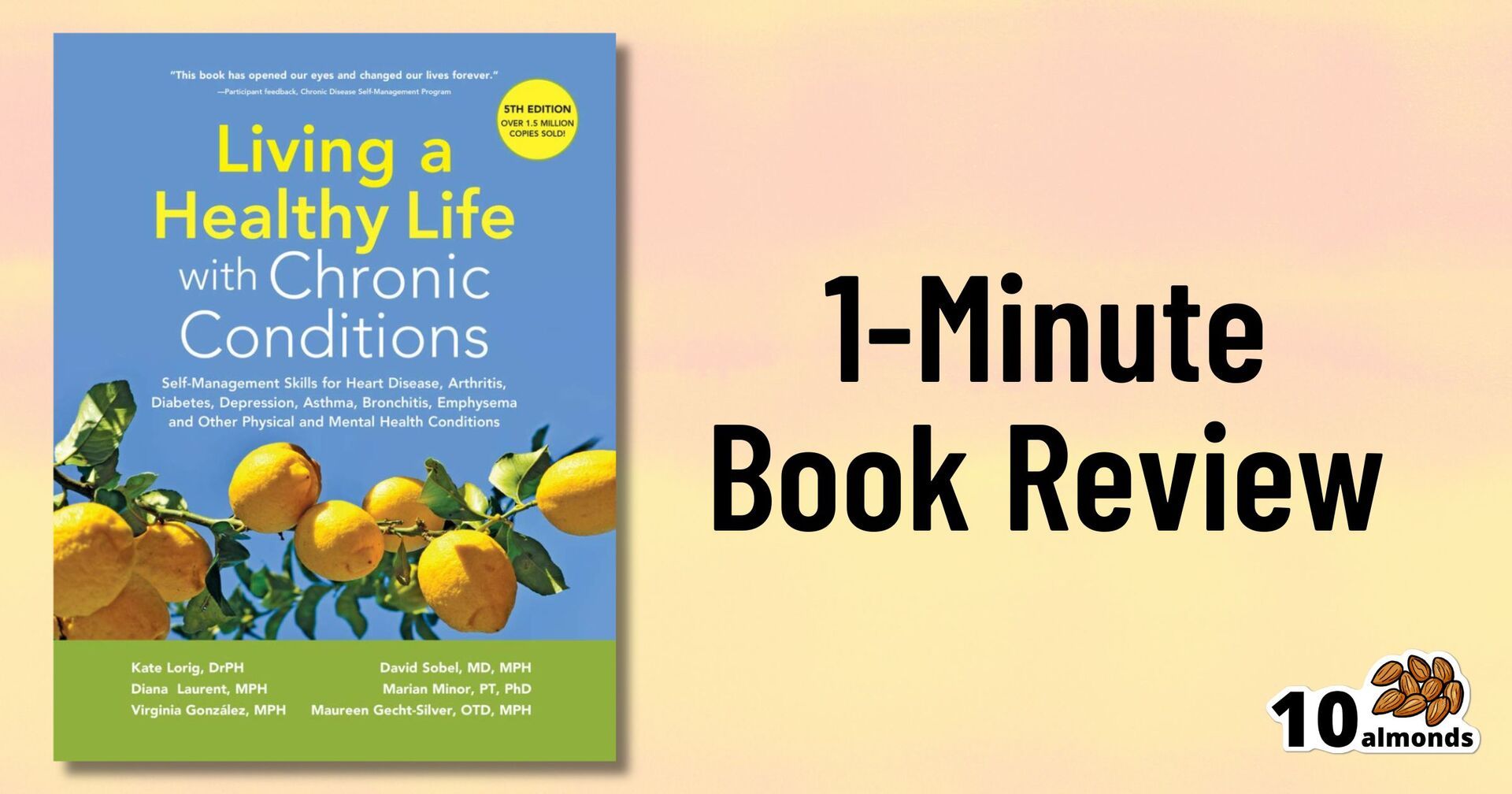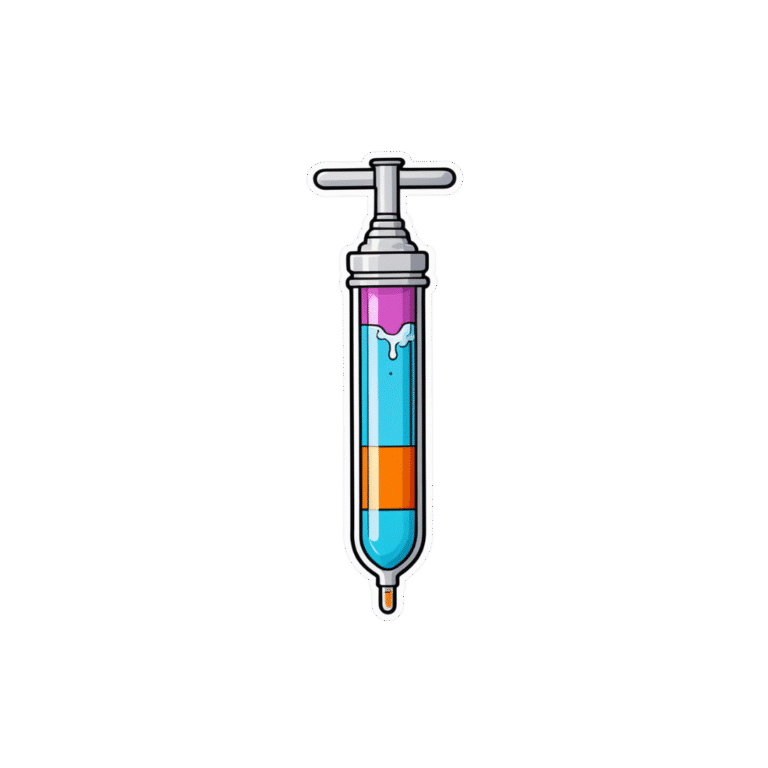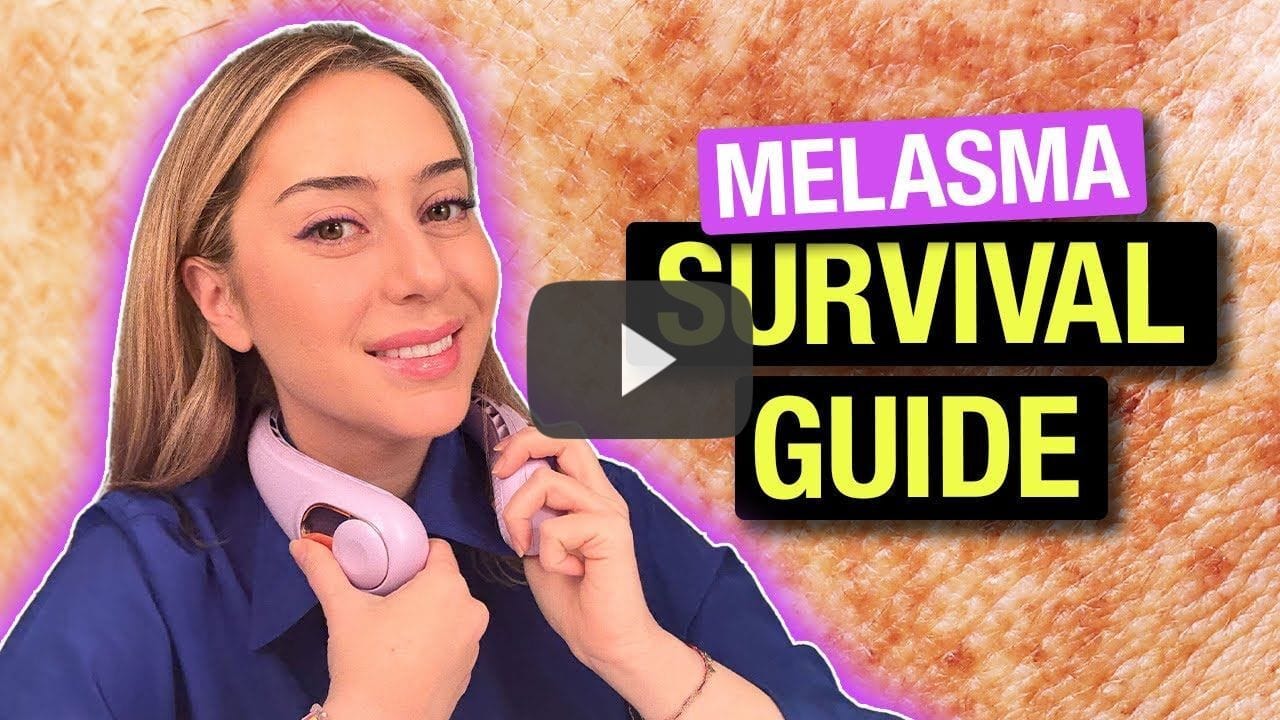Happy Sunday 👋
Enjoying tea for the antioxidant benefits? Most people do not let it steep for nearly long enough. If you’d like an iced tea in the morning, consider letting it steep overnight—especially for delicate green teas, for example.
Here’s the tea about that: Black/White/Green/Red: Which Tea Is Best, By Science?
In today’s email we cover how to increase your dementia risk by 17%, what to do about melasma, and living healthily with chronic health conditions.
Do you take collagen, but are not seeing the effects? A lot of collagen supplements out there fail to deliver the 5 non-negotiable basic requirements for collagen effectiveness ← here’s the list of things you should look for on packaging!
Today’s sponsor NativePath wants you to have collagen that’ll actually work, hence NativePath Collagen checking all the boxes. Click here to learn more about it!
Today’s Main Feature
How To Increase Your Dementia Risk By 17%
How easy it is may depend on where you live, but this is quite doable for almost everyone (in fact, you may already be doing it):
Recommended Reading
GLP-1 RAs vs Sleep Apnea
The weight loss drug Mounjaro has been approved to treat sleep apnea.
How does it work?
Better Sex = Longer Life (Here’s How)
Based on extensive laboratory testing, there is one factor that makes all the difference:
Watch and Learn
Melasma Dark Spots, & What To Do About Them
Discoloration (including melasma, sunspots, freckles) accounts for 90% of visible skin aging, and is a risk factor for cancer. And no, it’s not just about UV!
Dr. Shereene Idris, dermatologist, advises:
Prefer text? The above video will take you to a 10almonds page with a text overview, as well as the video!
Our Sponsors Make This Publication Possible
Why Your Collagen Supplement Might Be Worthless After Age 50
There's a dirty secret in the collagen industry that most companies don't want you to know about:
While collagen's benefits for aging are real, many supplements on store shelves are little more than clever marketing.
What's worse? Some of the most expensive brands are failing at the most basic requirements for effectiveness.
Learn the 5 non-negotiable features that your collagen must have to actually deliver the results you're paying for. Your joints, skin, and wallet will thank you:
Please do visit our sponsors—they help keep 10almonds free
This Or That?
Vote on Which is Healthier
Yesterday we asked you to choose between carrots and cauliflower—both fine options, but there was a clear winner, and we picked the cauliflower (click here to read about why), as did 38% of you!
Now for today’s choice:
Click on whichever you think is better for you!
One-Minute Book Review
Living a Healthy Life with Chronic Conditions: Self-Management Skills for Heart Disease, Arthritis, Diabetes, Depression, Asthma, Bronchitis, Emphysema and Other Physical and Mental Health Conditions – by Dr. Kate Lorig et al.

The “et al.” here is a collection of other medical professionals, and indeed the first edition of this book was based on a 5-year study they did. Since then, it’s grown as a collaborative endeavour between the listed authors and colleagues in their field who didn’t make the author list on the front cover, but did contribute research, feedback, additions, etc. This has been so comprehensive that one could argue that in essence, this whole book itself has been as-though peer-reviewed by the extent of the professional collaboration.
The authors make the case that while a lot of people are in the happy position of considering “chronic conditions” to be something suffered by other people, most of us—even most of the healthiest of us—will acquire at least one in our lifetime.
You may be wondering how the book addresses the incredible heterogeneity of chronic conditions; surely there is no one-size-fits-all advice for sufferers of things as diverse as diabetes and lupus and long COVID and osteoporosis and depression.
And the answer is that while there are sections for condition-specific advice, a lot of the book takes a “different conditions, similar symptoms” approach that notes that, in fact, self-managing these symptoms typically is an endeavor in which we find more commonalities than differences.
Nor is it your average industry professional book of “get some exercise, eat more plants, do some meditation”. Because yes, those things are good (and the book does cover them too), but that’s a little basic and is more a fair topic for a leaflet than a 418*-page tome. Instead, this book goes far beyond that, covering everything from self-advocacy in healthcare settings, to sex positions (in fact there is a whole chapter about sex and intimacy, including dealing with symptoms that occur during sex, and other ways that chronic conditions can change sex, and what can be done about that in practical terms).
*The Amazon listing currently says 344 pages, but this reviewer is distinctly looking at page 418 here, so perhaps the 344-page count got copied and pasted from a listing of an older edition.
There are also whole chapters about managing medications actively (i.e. not just doing whatever you are told without question, but actually being able to understand and make more decisions for yourself), pain management of course, the broad topic of safety and freedom (reducing the limits placed on one’s life and what one can do, where one can go, etc, and doing so safely) and so much more.
The style is highly-polished high-quality science education. It’s neither dumbed-down pop-science nor inaccessible academia. It’s clear and easy to read, and incredibly informative.
Bottom line: if you or a loved one has a chronic health condition, we recommend getting a copy of this.
Penny For Your Thoughts?
What did you think of today's newsletter?
Wishing you a peaceful Sunday,
The 10almonds Team







